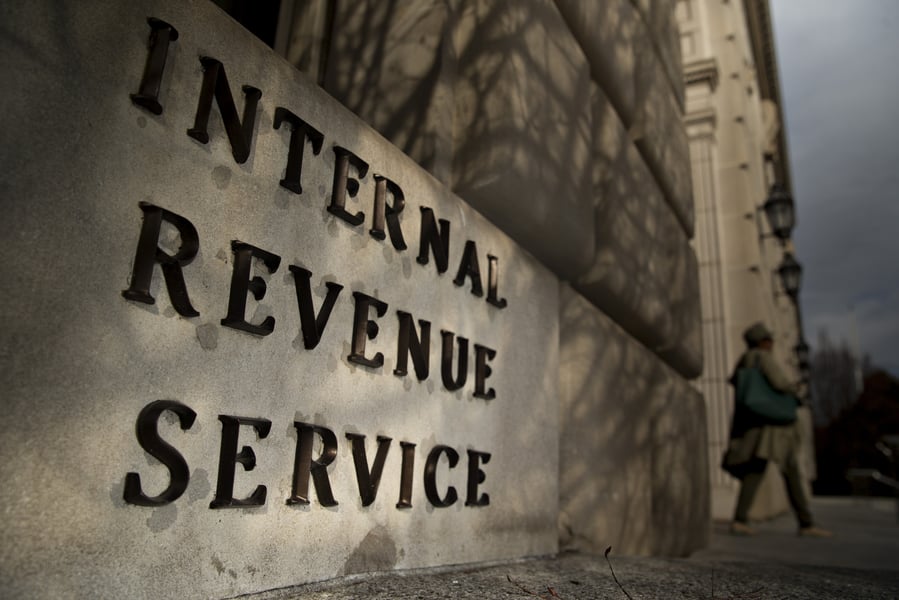

The IRS on Tuesday came out with several fixes to its COVID-19 guidance related to retirement accounts, including allowing people to undo required minimum distributions they made in January.
The CARES Act allowed account holders to skip their RMDs for 2020. The IRS previously had said that RMDs from 401(k)s, individual retirement accounts and others to be rolled back, or undone, if the RMDs had been taken Feb. 1 or later. The earlier guidance extended the usual 60-day limit on rolling back RMDs to July 15 in light of the effects the pandemic had on the market and economy.
Tuesday’s new guidance not only makes RMDs that were taken in January eligible to be rolled back into accounts, but it also extends the deadline for doing so to Aug. 31. For those who take RMDs less than 60 days before that deadline, the usual 60-day limit applies.
A big question for financial advisers has been how to treat required distributions that clients wanted to undo, Ed Slott said in an InvestmentNews video in April. Slott said at the time that it was likely the IRS would extend “blanket relief” for all of 2020, given that the prior guidance created a wrinkle for any RMDs that were taken in January.
Tuesday's guidance also extended the timeline for rollovers to Aug. 31 for beneficiaries who have inherited IRAs, 401(k)s or other accounts.
Additionally, the IRS said that the RMD repayments are not limited by the one-rollover-per-12-month-period rule.
Given the upward movement in markets since the CARES Act was passed in March, the incentives for account holders to reverse RMDs might be less clear than they were at the time. For example, the massive stock market drop earlier this year was considered as an opportunity, akin to a “sale” on Roth conversions, especially in light of RMDs being waived for the year.
One account holder who took an RMD in late January and sought this change in guidance is now eligible to roll assets back, but said he isn’t sure anymore whether he will do so.
“Among the options are rolling it back and following up with a Roth conversion,” Ira Newlander said in an email. “[It’s] too soon to tell. It will likely be a function of market activity.”
Advisers should be proactive and contact clients who are likely to consider undoing RMDs, certified public accountant Marty Abo, managing member of Abo & Co., said in an email.
“You still want to evaluate if [it’s] better to take [an RMD] this year or skip,” Abo said. Account holders might need cash and “may be in low [tax] bracket this year.”
Others, especially small business or self-employed workers who received forgivable loans under the Paycheck Protection Program, might end up in higher tax brackets, which is another consideration, he said.

Looking to refine your strategy for investing in stocks in the US market? Discover expert insights, key trends, and risk management techniques to maximize your returns

Driven by robust transaction activity amid market turbulence and increased focus on billion-dollar plus targets, Echelon Partners expects another all-time high in 2025.

The looming threat of federal funding cuts to state and local governments has lawmakers weighing a levy that was phased out in 1981.

The fintech firms' new tools and integrations address pain points in overseeing investment lineups, account monitoring, and more.
RIAs face rising regulatory pressure in 2025. Forward-looking firms are responding with embedded technology, not more paperwork.
As inheritances are set to reshape client portfolios and next-gen heirs demand digital-first experiences, firms are retooling their wealth tech stacks and succession models in real time.
